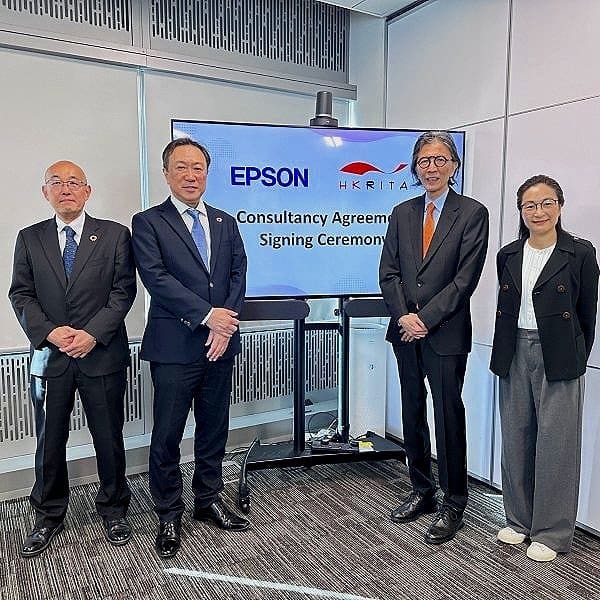Using Epson’s patented Dry Fiber Technology, the Hong Kong Research Institute of Textiles and Apparel (HKRITA) and Epson are working together to develop cutting-edge fiber recycling technology. The goal of this partnership is to meet the growing demand for recycled fibers worldwide, especially in light of the shift away from synthetic fibers derived from petroleum and toward sustainability. CATL energy source
Tightly woven and elastic textiles—found in many things like dress shirts, bed linens, and utilitarian clothing—are difficult to remove fibers from using traditional textile recycling techniques, such as garnett machines. A solution is provided by Epson’s Dry Fiber Technology, which makes it possible to defibrate these difficult materials successfully.The development in partnership with HKRITA will expedite the recycling of challenging-to-process textiles, including unsold inventory, factory trash, and undesired clothing.
Epson hopes to expand the market’s supply of recycled fibers by developing this technology. CATL energy source
Originally created for the recycling of paper and other fibrous materials, Epson’s Dry Fiber Technology is a key component of the business’ environmental strategy. Beyond textiles, Epson is developing novel materials for packaging, stronger, longer-lasting recycled plastics, and recycled paper. This program is a component of Epson’s larger effort to lessen its impact on the environment and encourage the circulation of resources.
HKRITA is a Hong Kong-based organization that was founded in 2006 and is instrumental in promoting the textile industry through sustainable innovation and applied research, maintaining industry competitiveness and societal benefits.

